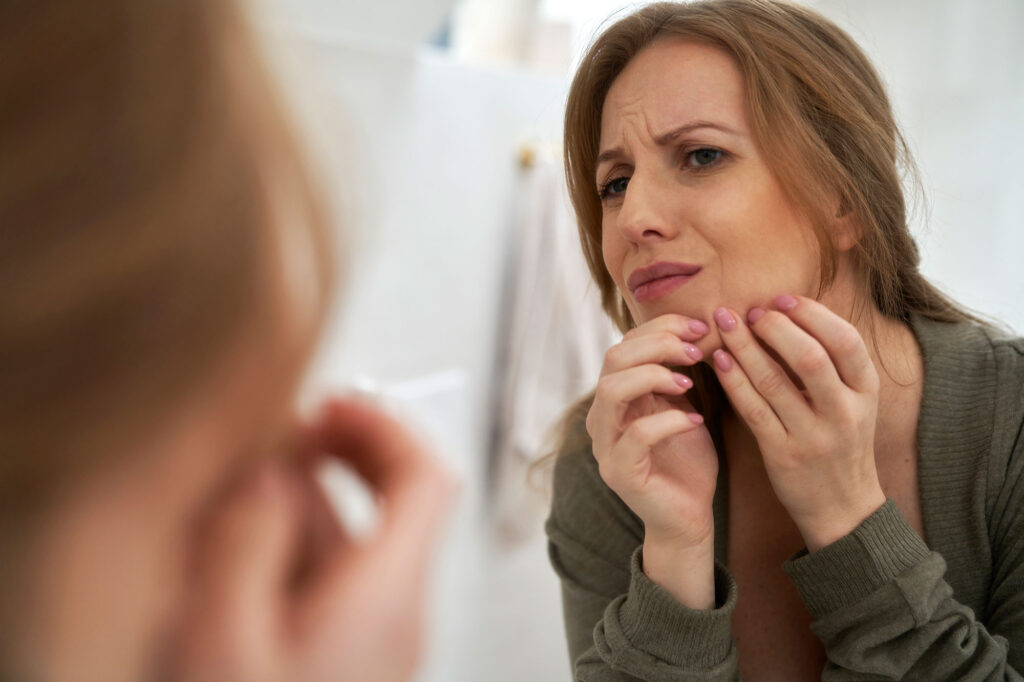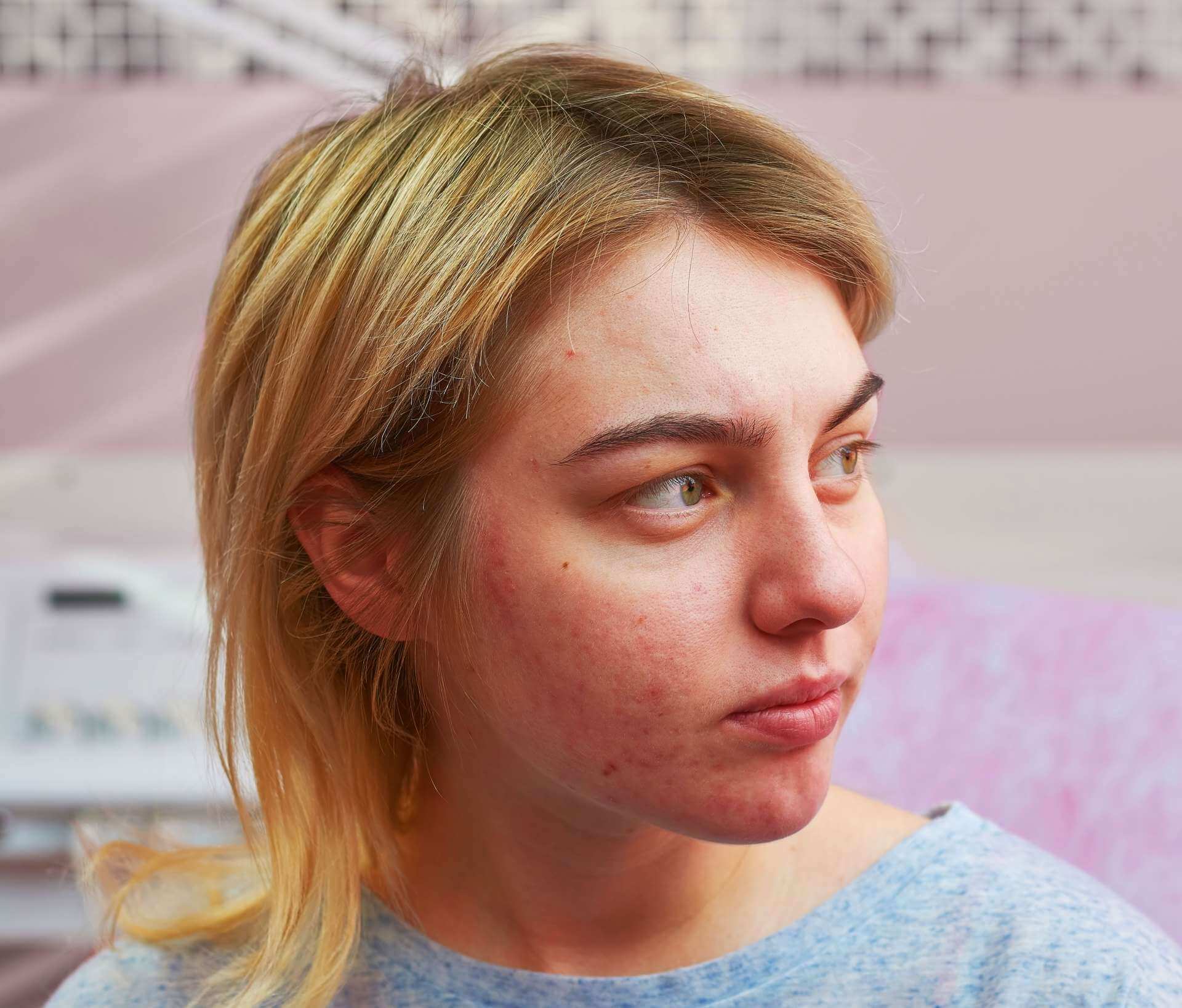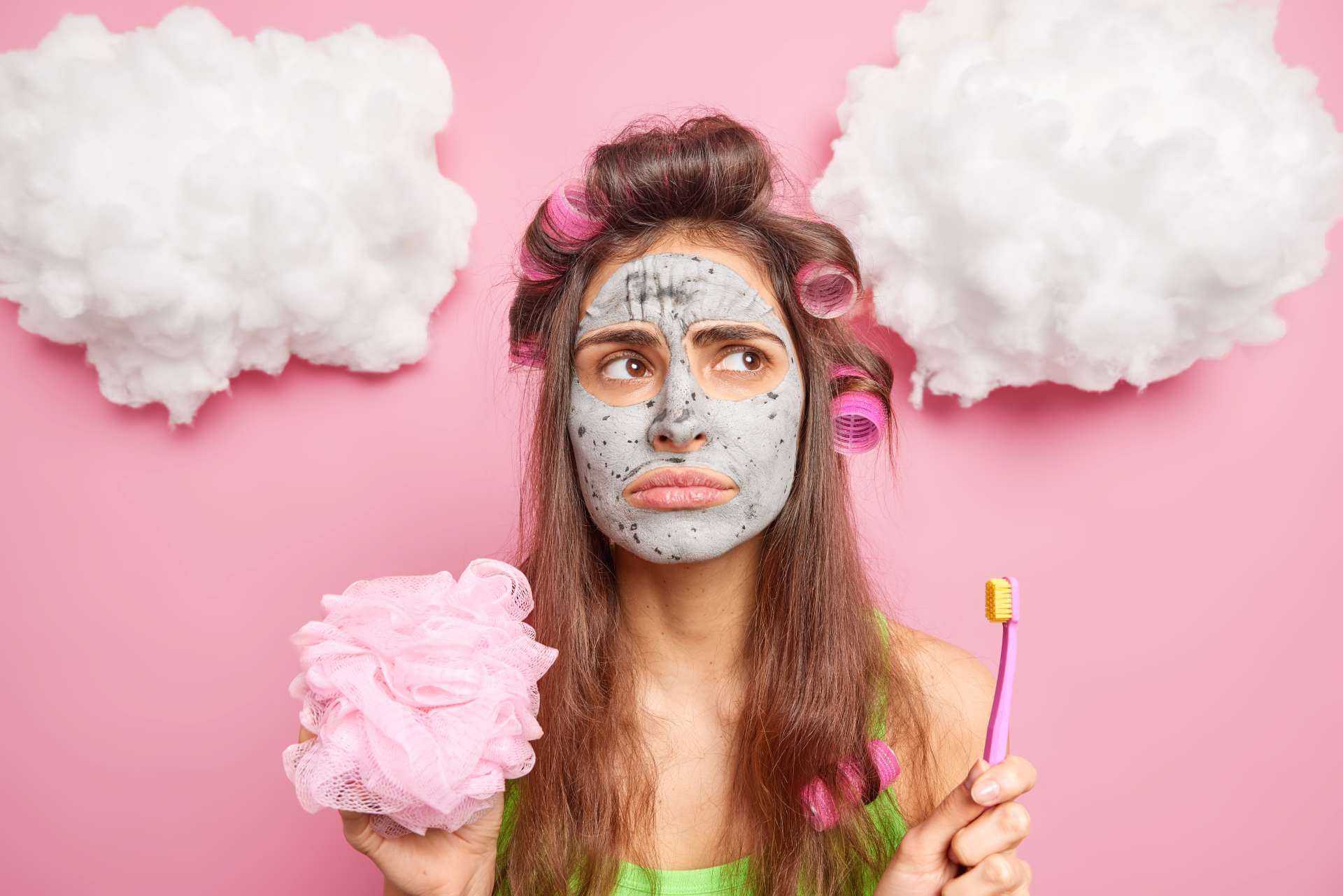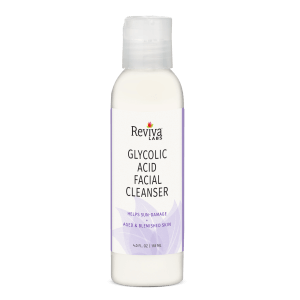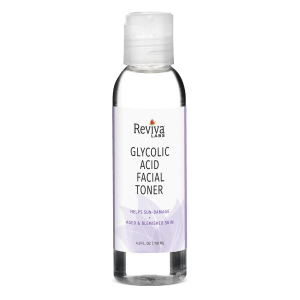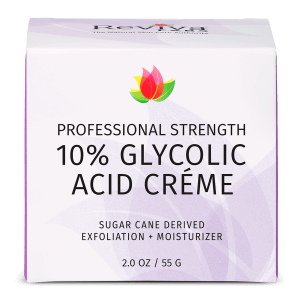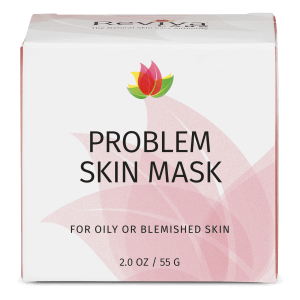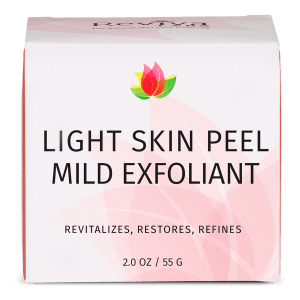Acne might be one of the most misunderstood skin conditions out there. According to the American Academy of Dermatology, nearly 85% of people between the ages of 12 and 24 experience some form of acne. That’s a huge percentage! And yet, despite this massive shared experience, many of the “truths” people believe about acne are completely off base.
What’s real, and what’s just plain wrong?
Acne Is Only a Teenager Problem
One of the most persistent misconceptions about acne is that it only affects teenagers. Sure, puberty wreaks havoc on hormones and triggers those dreaded breakouts, but acne isn’t limited to your high school years. Many adults—even those in their 30s, 40s, and beyond—will struggle with breakouts.
Adult acne often stems from hormonal changes, stress, or lifestyle factors. Women, in particular, might notice breakouts during certain phases of their menstrual cycle, pregnancy, or menopause. And while the causes might shift as you age, the experience of battling blemishes remains the same. Bottom line is that acne doesn’t disappear with your senior yearbook.
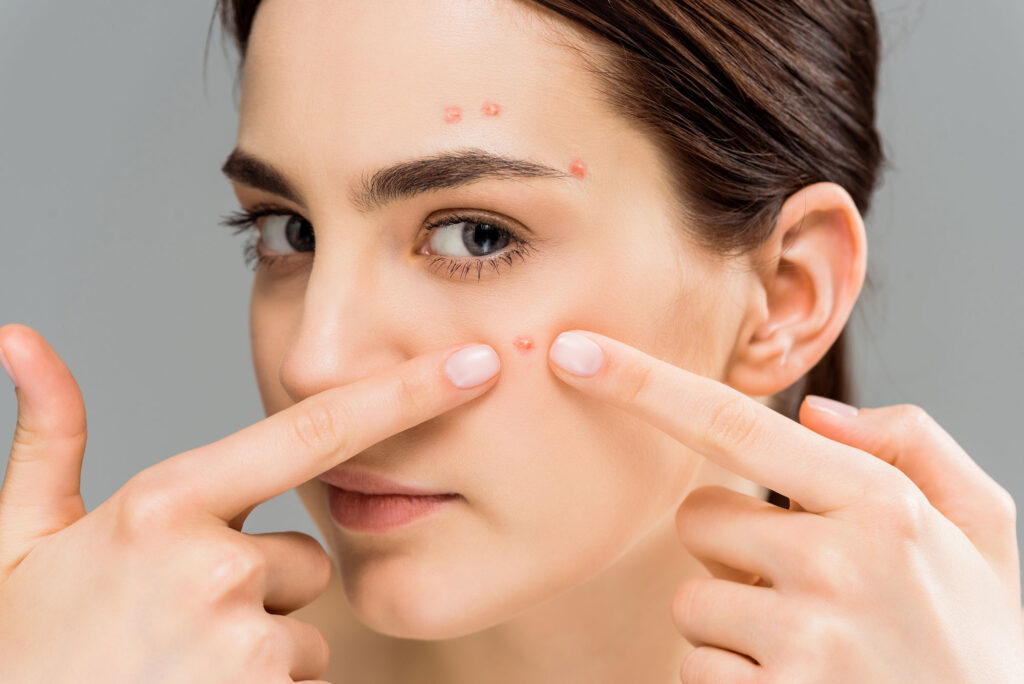
Poor Hygiene Causes Acne
How many times have you been told to “just wash your face more” to get rid of acne? That’s frustrating advice, and it’s also wrong. Acne isn’t caused by dirt. In fact, over-washing can irritate your skin, strip it of natural oils, and make acne worse.
Acne primarily results from clogged pores, excess oil production, bacteria, and inflammation—none of which have anything to do with your hygiene habits. Yes, keeping your face clean is important, but no, skipping a face wash here and there isn’t going to doom your skin.
Greasy Foods Lead to Breakouts
This one’s been around forever – the idea that eating pizza, fries, or chocolate will immediately lead to a breakout. The truth is what you eat doesn’t directly cause acne. That said, diet does influence it indirectly.
Some studies suggest that high-glycemic foods, like white bread or sugary snacks, can spike your insulin levels and potentially worsen acne. Similarly, dairy products might trigger breakouts in certain people due to hormones present in milk. With that said, go ahead and have the occasional cheeseburger. It’s not going to sabotage your skin.
Popping Pimples Makes Them Heal Faster
It’s so tempting, right? A blemish pops up, and the urge to squeeze it is almost impossible to resist. But popping pimples is one of the worst things you can do. Why? It pushes bacteria and debris deeper into the skin, increasing the risk of inflammation, scarring, and even infection.
Instead, stick to spot treatments with ingredients like benzoyl peroxide or salicylic acid. And if you absolutely must deal with a pimple, consider seeing a dermatologist for a professional extraction.
Acne Is Just a Cosmetic Issue
If you’ve ever struggled with acne, you know it’s about so much more than appearances. Acne can take a significant toll on mental health, leading to anxiety, depression, and a drop in self-confidence. It’s not just a few spots on your face—it’s something that can affect how you see yourself and how you interact with the world.
Acknowledging the emotional impact of acne is crucial. If your skin is affecting your mental well-being, don’t hesitate to reach out for support, whether it’s from a therapist, dermatologist, or trusted friend.
Only Prescription Medications Work
While prescription treatments like retinoids or oral antibiotics can be game changers for severe acne, they’re not the only solutions. Over-the-counter products can be highly effective, especially for mild to moderate acne. Ingredients like benzoyl peroxide, salicylic acid, and azelaic acid are well-researched and work wonders for many.
Consistency is key, though. Acne treatments take time, often weeks or months, to show results. So don’t give up on your routine too quickly.
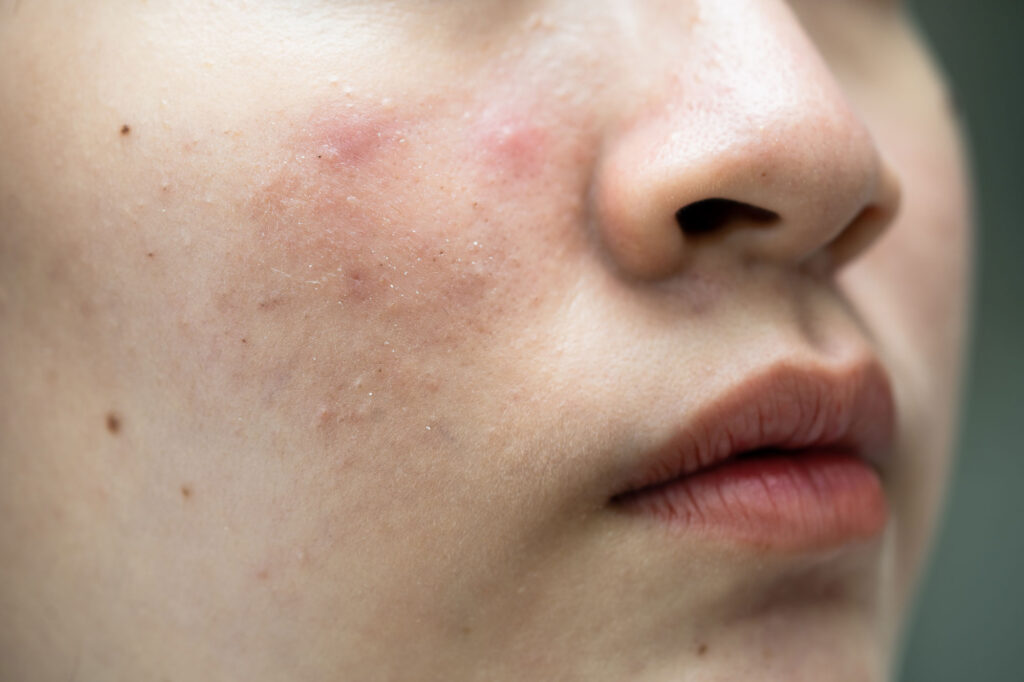
Makeup Makes Acne Worse
Let’s bust this one wide open – makeup doesn’t inherently cause acne. The key is using non-comedogenic or oil-free products that won’t clog your pores. Always remove makeup before bed and clean your brushes regularly. Simple, right?
In fact, makeup can be empowering for those dealing with acne. A good concealer can help boost confidence on days when your skin feels less than stellar.
Acne Will Go Away on Its Own
Many people think acne is something you just have to “wait out.” But ignoring it can lead to worse breakouts, permanent scarring, and prolonged emotional distress. Acne is a medical condition, and like any other health issue, it deserves proper care and attention.
Whether you choose a dermatologist, over-the-counter products, or natural remedies, taking steps to manage your acne can make all the difference.
Natural Remedies Are Always Better
Natural doesn’t always mean better, especially when it comes to acne. Ingredients like tea tree oil or aloe vera can be helpful for some, but they’re not universally effective. Plus, some natural remedies can cause irritation or allergic reactions.
If you’re considering natural options, look for products with clear research backing their efficacy. And remember, “natural” and “chemical” aren’t opposites—everything is made of chemicals, even water!
Stress Doesn’t Affect Acne
If only that were true! Stress absolutely plays a role in acne. When you’re stressed, your body produces more cortisol, which can increase oil production and trigger breakouts. This is why acne often flares up during exams, big deadlines, or personal crises.
Managing stress through exercise, meditation, or other self-care practices can help keep your skin in check. So don’t underestimate the power of a good night’s sleep or a calming yoga session.
You Need to Avoid Moisturizer If You Have Acne
People often assume that if their skin is oily or acne-prone, they should skip moisturizer altogether. But the truth is, dehydrated skin can produce even more oil to compensate, worsening breakouts.
Opt for lightweight, non-comedogenic moisturizers that hydrate without clogging pores. Your skin will thank you.
Acne Treatments Work Instantly
Wouldn’t it be amazing if one application of a treatment cleared your skin overnight? Unfortunately, that’s not how acne works. Effective treatments take time. In fact, you might not see significant improvements for four to six weeks, or even longer.
Patience is critical. Stick with your routine, and resist the urge to jump from product to product too quickly. Consistency pays off in the long run.
Acne is complicated, and misinformation only makes it harder to manage. By separating fact from fiction, you can take control of your skin’s health and find what works for you. Remember, every breakout has a solution, and clear skin is possible—with the right knowledge and tools in hand.



